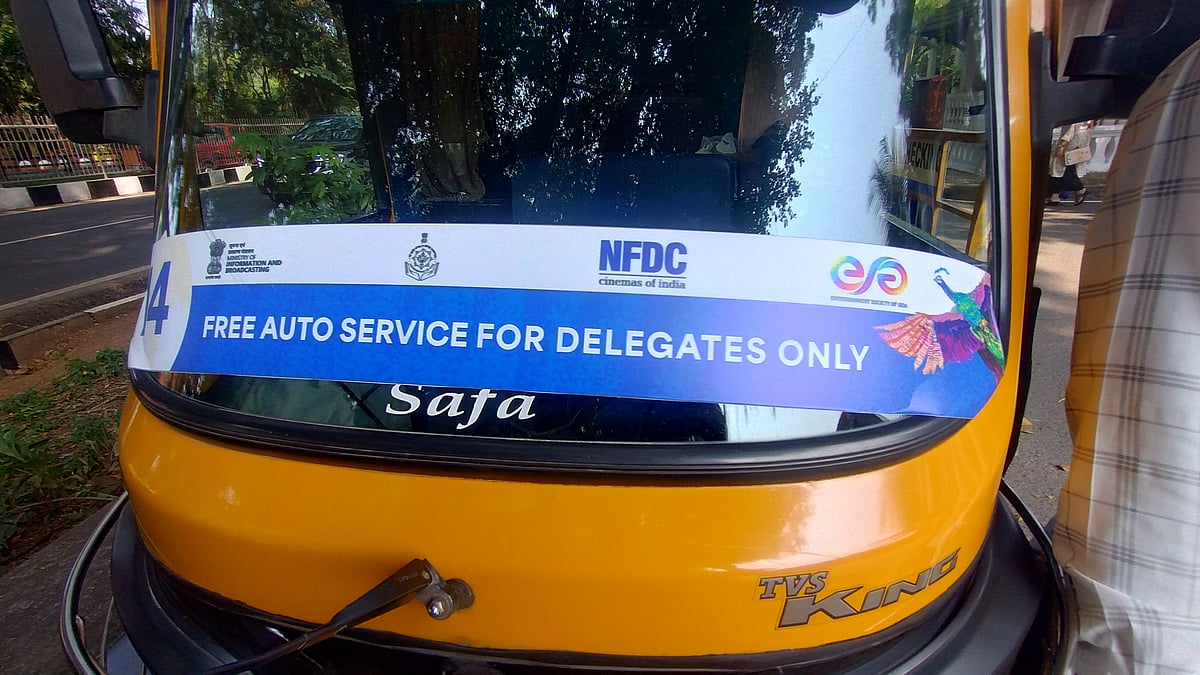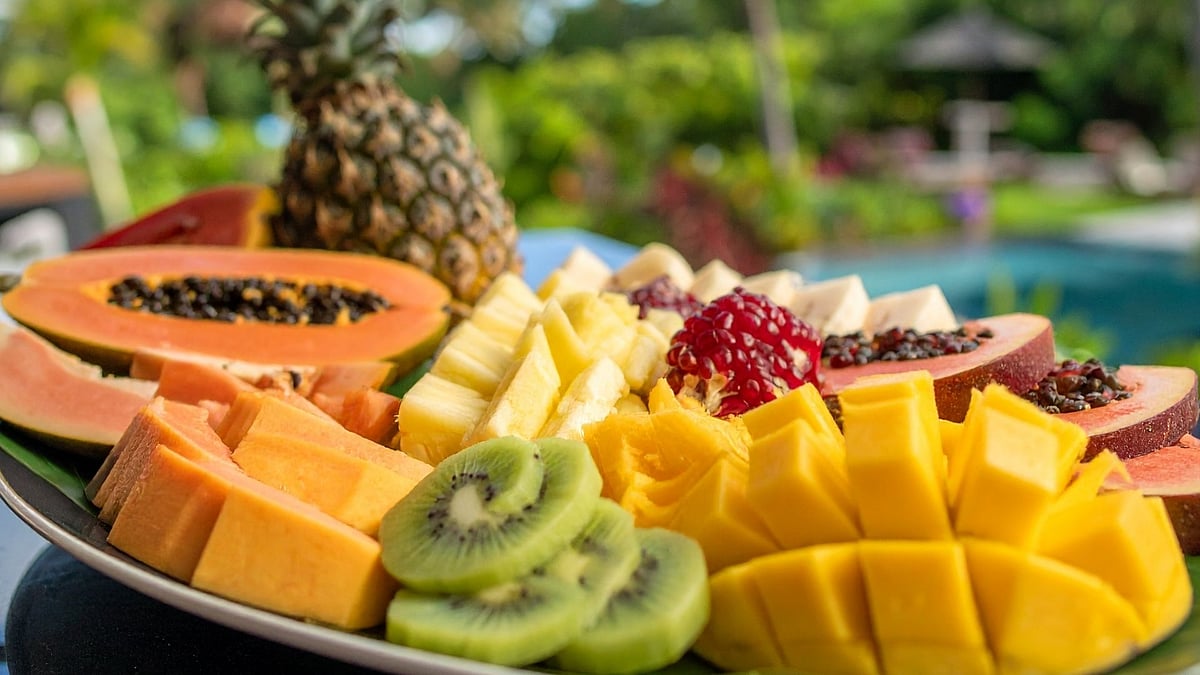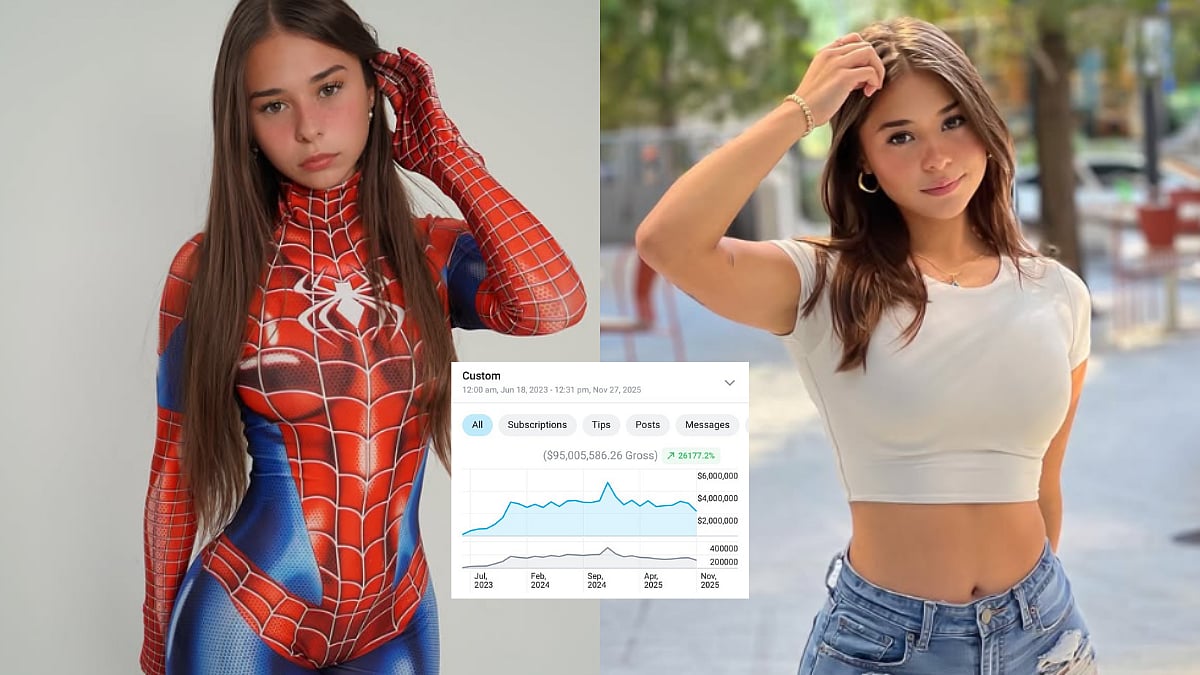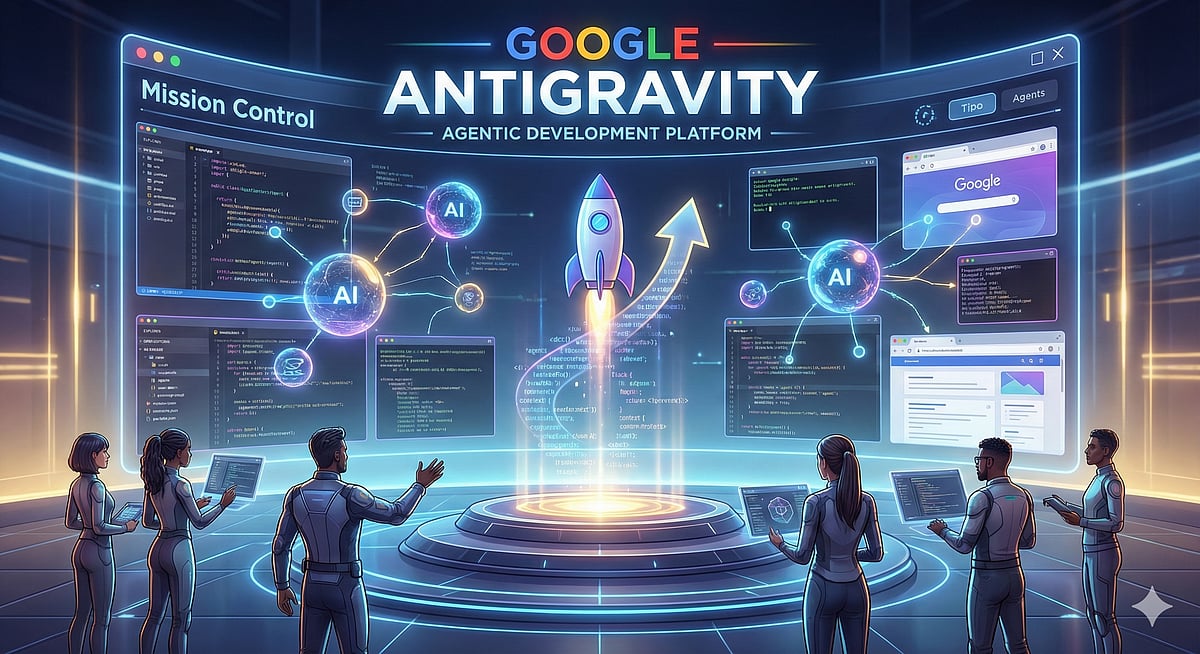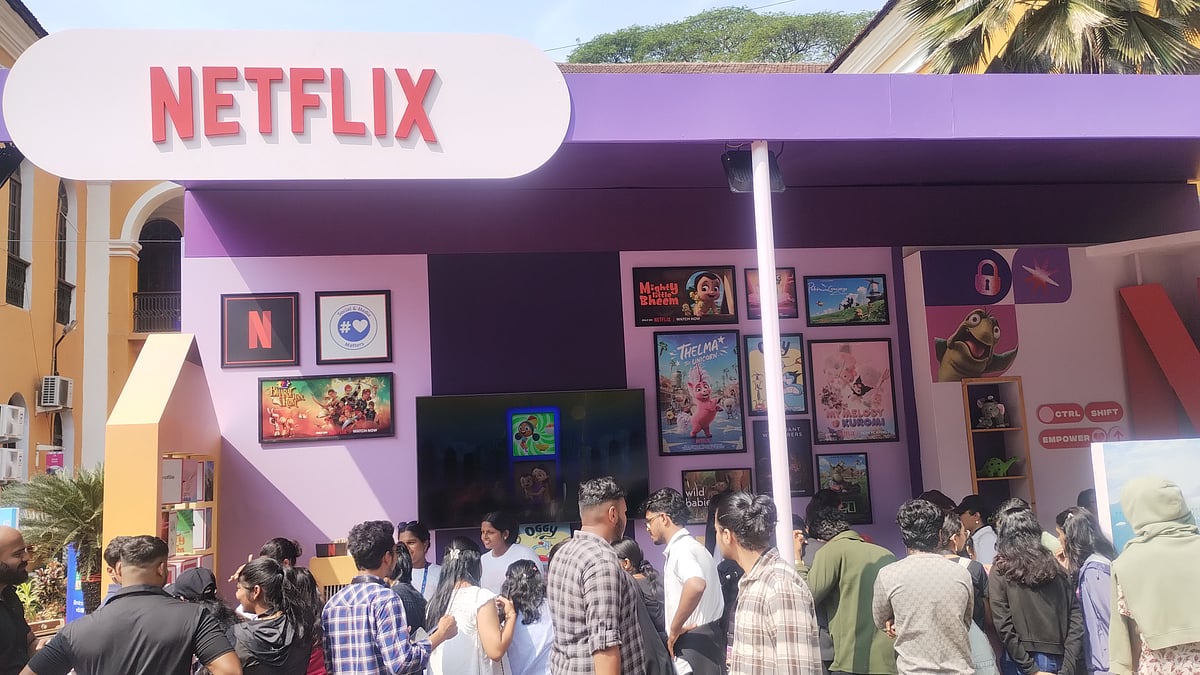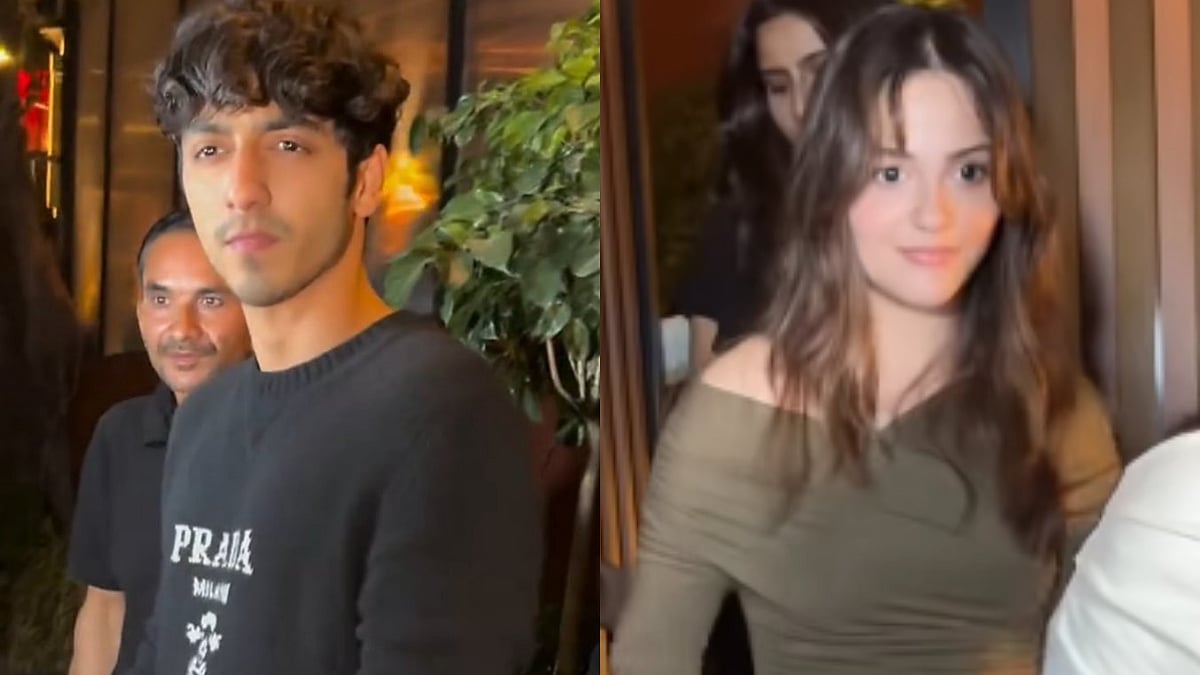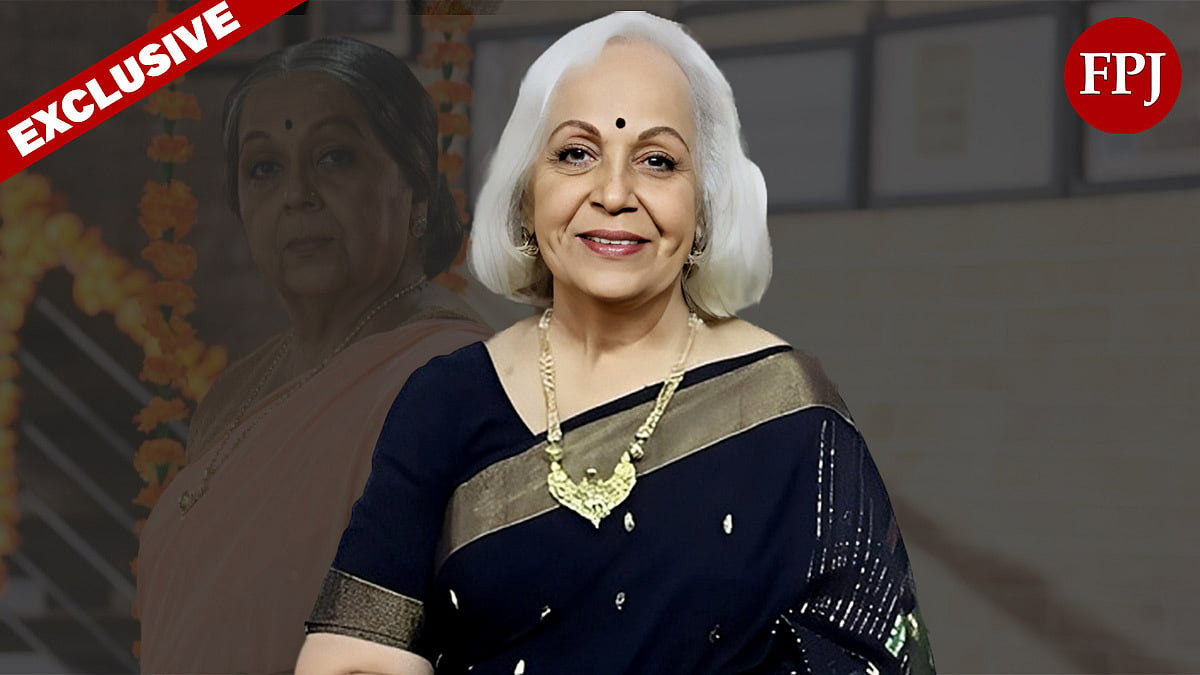Panaji: The 56th IFFI, as usual, has arrangements for free transport in Panaji as well as venues where IFFI screenings and events are happening. Parked at Kala Academy and Inox, there are a total 30 auto rickshaws, including the three special ones that can be used by the persons with disabilities. The drivers have duty from 8 am to 10.30 pm and each one makes 30 to 40 trips per day to get paid Rs 2500 per day. Most of the drivers complained that there is no arrangement for water or tea, and they have to manage on their own.
Abdul Majit aka Bade, who has been taking tenders for IFFI transportation for the past 21 years, stated that there are around three groups, who get the contract alternatively. “This time I requested an advance payment of 1/4th of the total amount, as we have to pay for the fuel daily. We have been given the amount this year, for the first time. All these years the payment used to come two-three months after IFFI was over,” explained Bade, an auto driver for four decades.
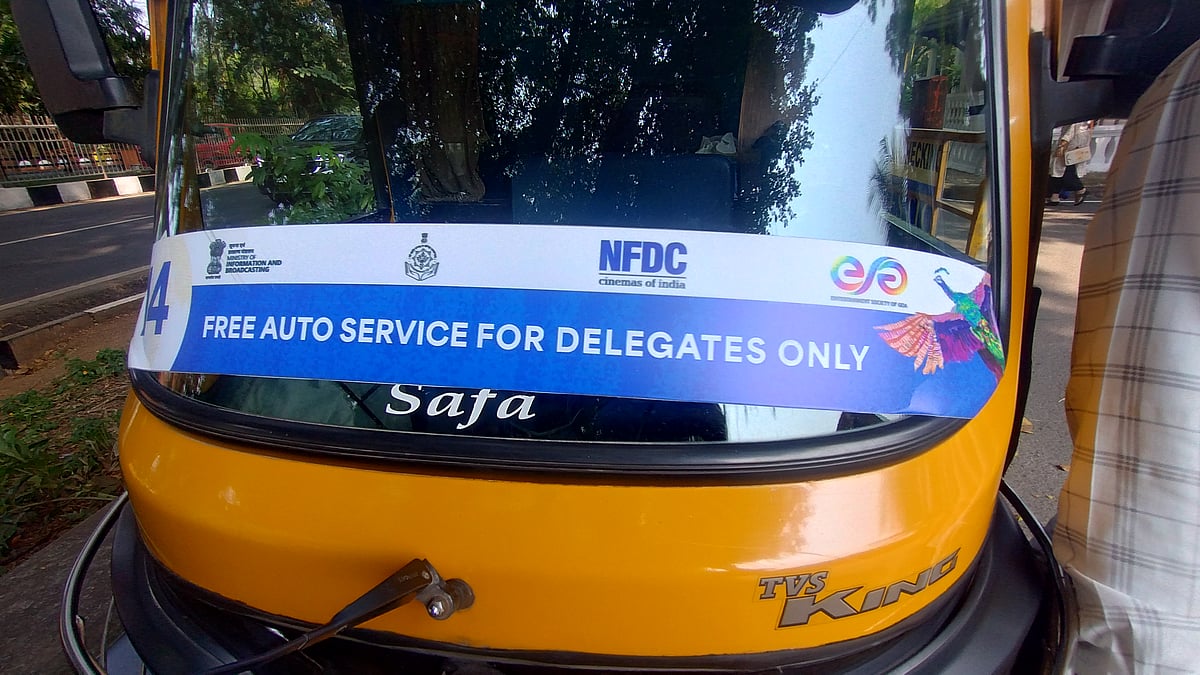
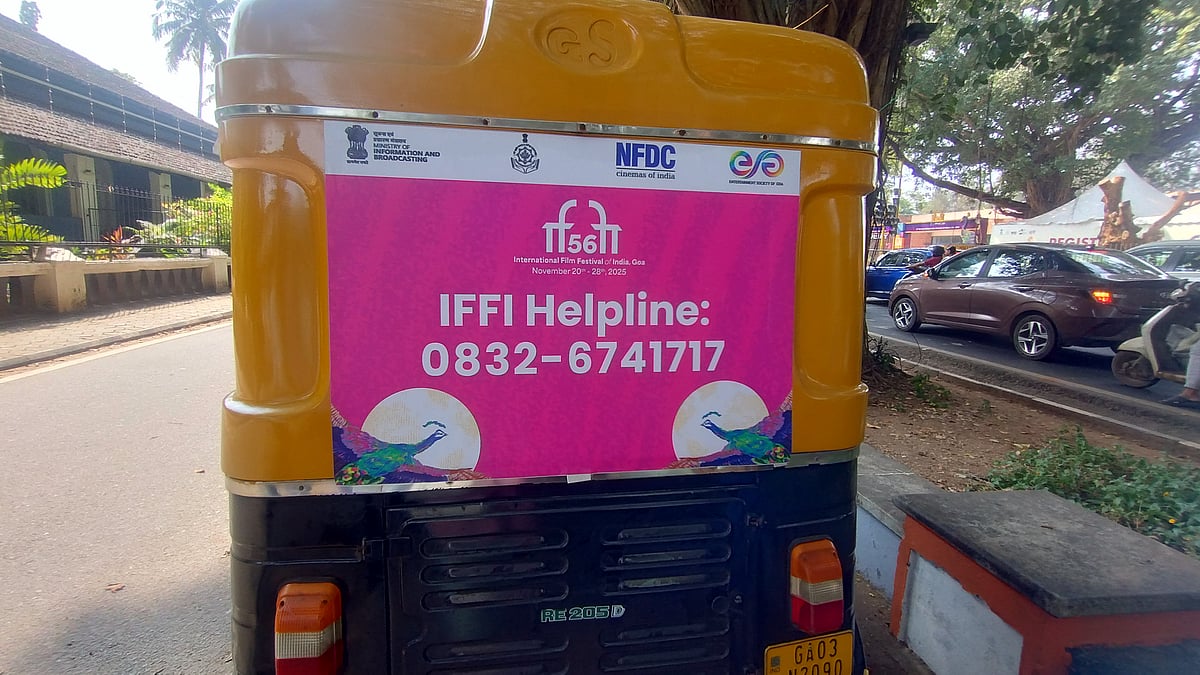
The autos are parked at two places, Kala Academy and Inox, from where the delegates are taken to and from Panaji Inox, Porvorim Inox, Kala Academy, Samrat theatre. The drivers get lunch breaks at 1 pm, 2 pm, and 3 pm when nine of them leave at a time while others continue their duty. “We cannot move from our place even for water or tea break, and calls continue coming if we are not available. So, we have decided among ourselves to go for lunch alternatively,” said Kishor Chopdekar who has been associated with IFFI for the last 10 years along with Ramchandra Bhikoji.
Ajamuddin Khan, Rashid Shaikh are working for IFFI delegates for the past 15 years while Rashid Beig and Rashid Beig, a person with disability, have been associated with IFFI for the past eight years. All of them have similar issues – ESG does not provide any facility, no shade or no water for them. “There is a traffic rush in the afternoon after 4 pm and when caught in traffic jams, the delegates go hyper. We have no relief or any arrangement for traffic police during the rush hours. The police are seen on the road only when VIPs are scheduled to commute,” said one of the drivers.
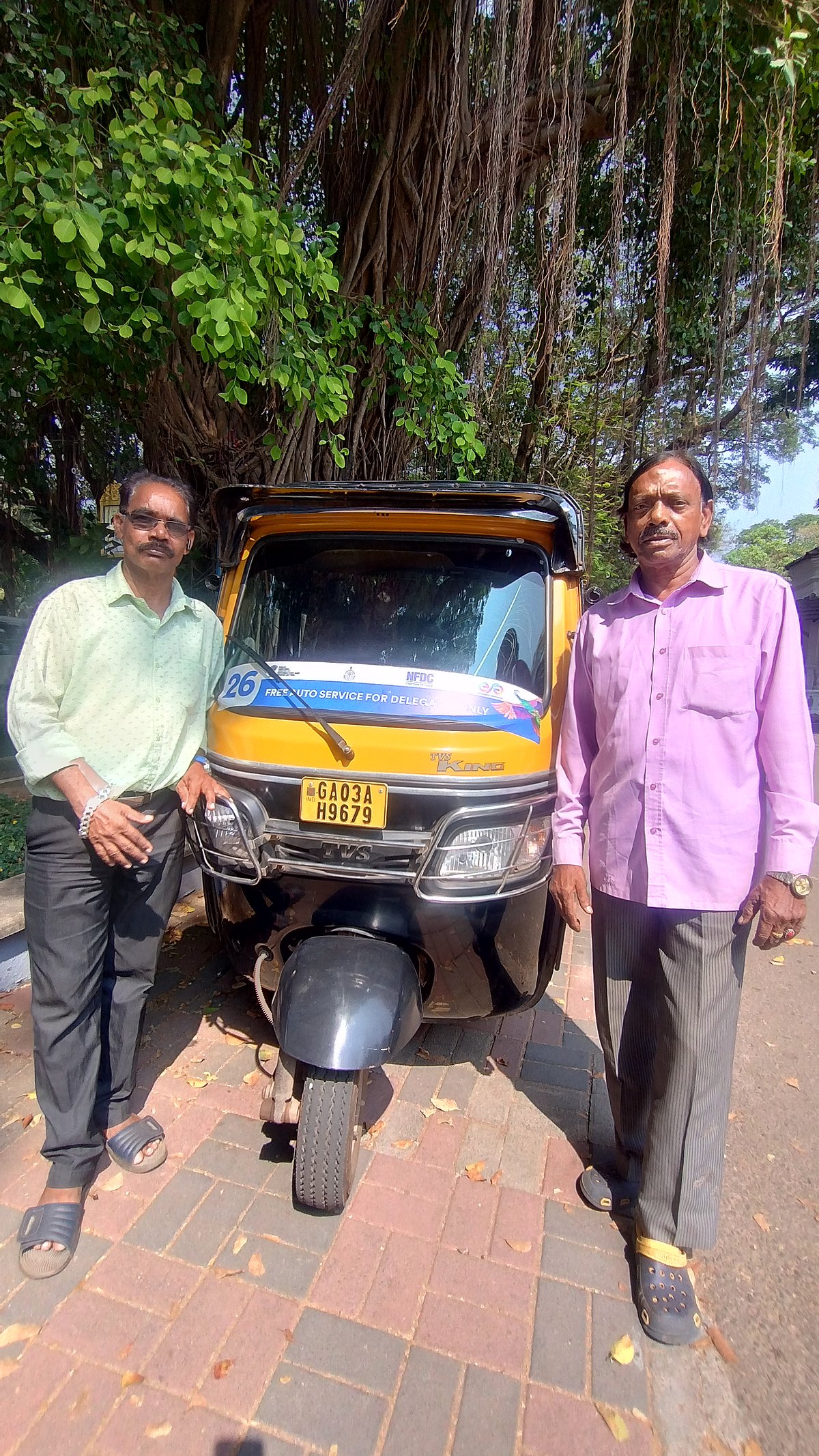
“The delegates going to Porvorim face difficulty due to traffic jams, so they keep shouting at us, take our photos, and threaten to make it viral. How to tackle this,” asks another auto operator. There is a parking issue at the Kala Academy and Inox too. The taxis hired by the ESG for celebrities bring them to the venue in the morning and remain parked inside the Inox courtyard. As they block the space the autos have to be parked outside.
“We need parking space inside, as we can avail other facilities like water or washrooms there, and it will save our time. We can be back within minutes, and the delegates would not be calling the office to complain that we are missing,” stated one auto driver.
According to Bade there are four electric buses also arranged for the delegates, but they stop at Kala Academy and Inox only for a minute or two before going to Porvorim. These buses are parked at the Campal ground. There are hardly four-five passengers in these buses, as most delegates prefer to go by auto to save time.
Bade applied for the tender for the autos three to four months ahead of IFFI. It’s a regular routine for him, while Ganesh Korgaonkar and Nelson Antao have joined his team for the first time this year. “I have my own team, but we also allow other auto drivers to join us, to reach the required number. I pay them from my own pocket, for fuel, if they ask, as the ESG money takes months to get released. But we work as a team and support each other. IFFI has been a boon to us, as otherwise we hardly earn Rs 1000 per day. For IFFI, even if we work for longer hours, we get more than double the amount we earn on regular days,” says Bade.
This year the contract is for eight days. Usually it used to be for nine or ten days. This year the contract is for eight days. Usually, it used to be for nine or ten days. Out of the 30, 10 are parked at Inox Panaji, five at Inox Porvorim, 10 at Kala Academy and two-three at Samrat.
By Bharati Pawaskar
